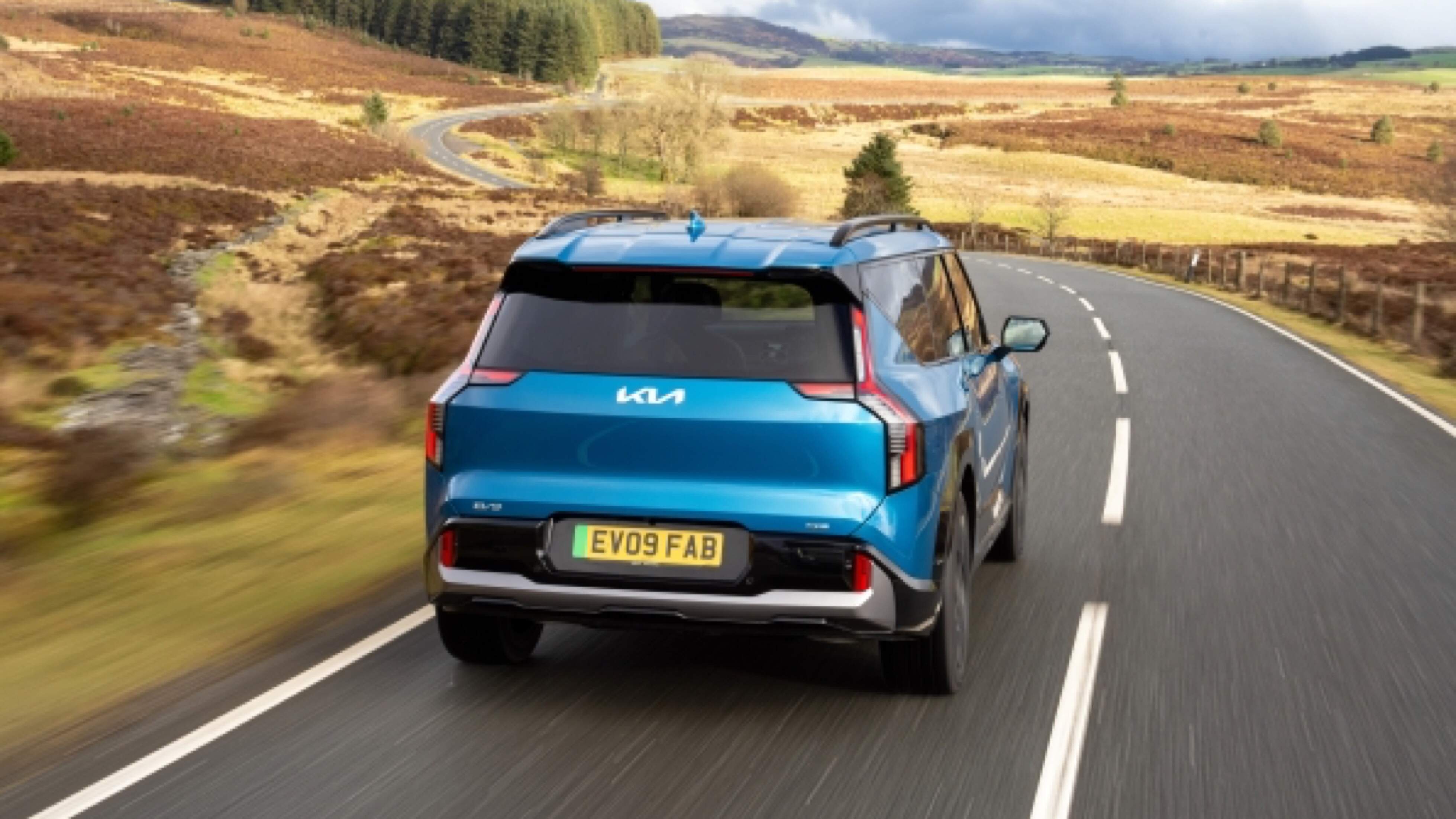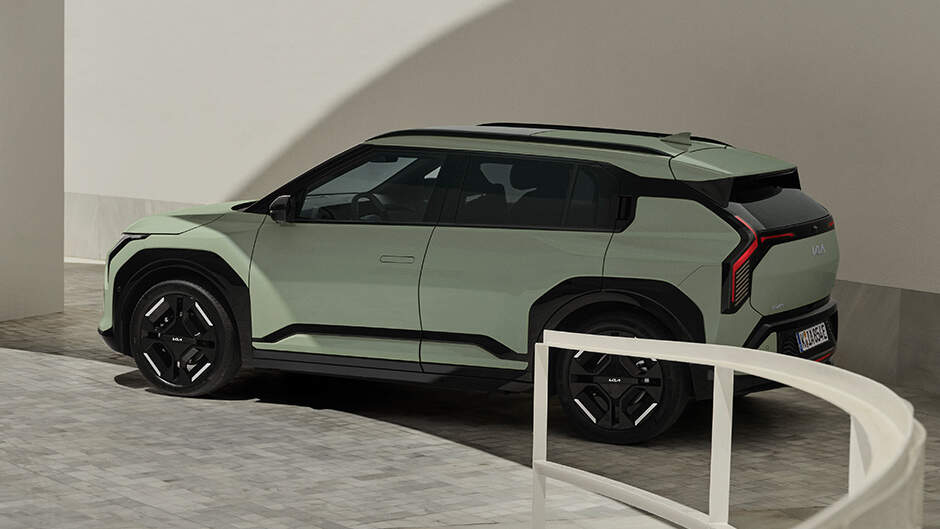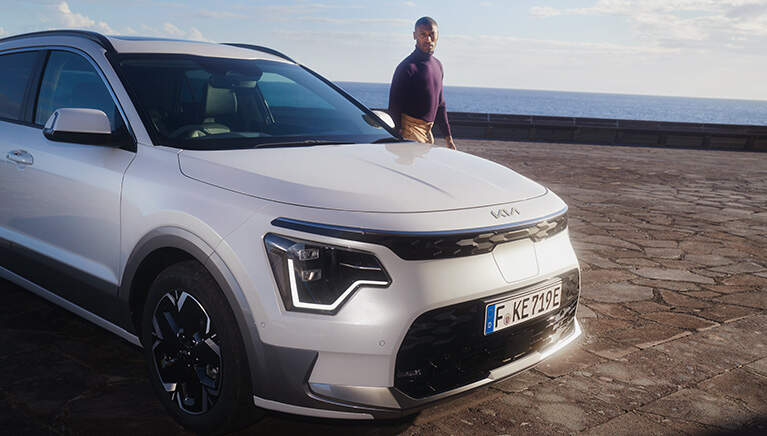How Much Does It Cost to Run an Electric Car?

When buying a new car,
it can be easy to focus on the price tag and forget about how much it’ll cost you to run it. Car running costs are a huge contributor to your overall cost of living so, now more than ever, it’s crucial you understand the total cost of ownership
of your car.
While many people think that the initial purchase cost of an EV can be relatively high, electric car running costs
are generally considered lower than that of their petrol or diesel counterparts.
At Kia, we know how important it is to manage car running costs and understand long-term value. That’s why we’ve put together a complete guide to the overall cost of electric cars, so you can make an informed decision when it comes to buying a new car.
Read on to find out how much it costs to run an EV, including charging costs, and why EVs
are often considered some of the most economical cars available.

How much does it cost to charge an electric car?
The main cost of running an electric car is EV charging. Luckily, charging an electric car is significantly cheaper than filling up a petrol or diesel car.
Home charging
is widely considered the most cost-effective way to charge an electric car. Of course, with an EV home charger, you must pay the initial purchase price and installation costs. However, many EV tariffs offer discounted rates, so the price of charging your EV at home is often much cheaper than using a public charging station.
Public charging stations can be convenient for topping up your EV while on the move. With Kia Charge,
our expansive public charging network, you have access to over 42,000 public charging stations in the UK and over 673,000 points across Europe.
If you frequently use public charging stations, you can take advantage of our Kia Charge Plus subscription. This gives you a 15% discount on all charging networks, except bp pulse.
Find out more about our flexible Kia Charge tariffs
to find the best solution for you.

How much does EV maintenance cost?
When investing in a car and calculating running costs, it can be easy to forget about maintenance and servicing expenses. Whether you’re driving a petrol, diesel, hybrid or electric car, maintenance and servicing are essential for the safety and longevity of your vehicle, so you should always factor these expenses into your total cost of ownership.
Electric cars still require professional attention at least once a year, but with Kia Care car service
plans, you can be sure you’re getting the best value for money.
Kia Care provides a servicing schedule of once every year, or 10,000 miles, which includes an alternating vehicle health check and full service. Even better, Kia Care provides fixed-price service packages that are tailored to suit the age and mileage of your Kia and ensures any replacements are done using only genuine Kia parts.

How much is electric car tax?
Another running cost that is often forgotten about is Car tax
. However, if you’re an EV owner, this isn’t something you currently have to worry about.
With zero exhaust emissions, electric cars are currently exempt from paying Vehicle Excise Duty, also known as road or Car tax
. This exemption ends in 2025, when EVs will be charged the same as any petrol or diesel vehicles.
Read our blog to find out more about the numerous electric car tax benefits
as well as Congestion Charge and Clean Air Zones (CAZs) exemptions.
Electric cars still require professional attention at least once a year , but with Kia Care car service
plans, you can be sure you’re getting the best value for money. Kia Care provides a servicing schedule of once every year, or 10,000 miles, which includes an alternating vehicle health check and full service. Even better, Kia Care provides fixed-price service packages that are tailored to suit the age and mileage of your Kia and ensures any replacements are done using only genuine Kia parts.

Images shown are for illustration purposes only and may not be to full UK specification. Features shown are not standard across the Kia model range and availability will vary dependant on model. For further details please refer to the individual model specification sheets.
Product availability varies by models. To find out which products are available for your vehicle, please contact your Kia dealer.
*The range was determined according to the standardised EU measurement procedure (WLTP). The individual driving style and other factors, such as speed, outside temperature, topography and the use of electricity-consuming devices/units, have an influence on the real-life range and can possibly reduce it.

